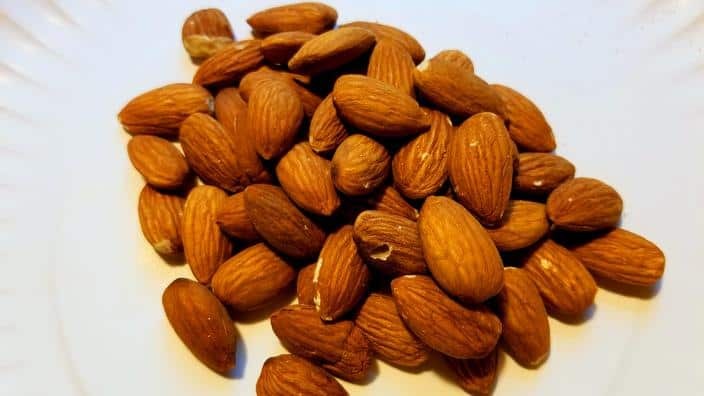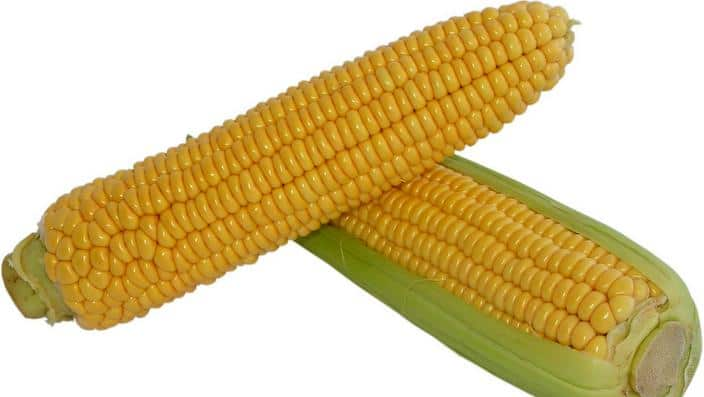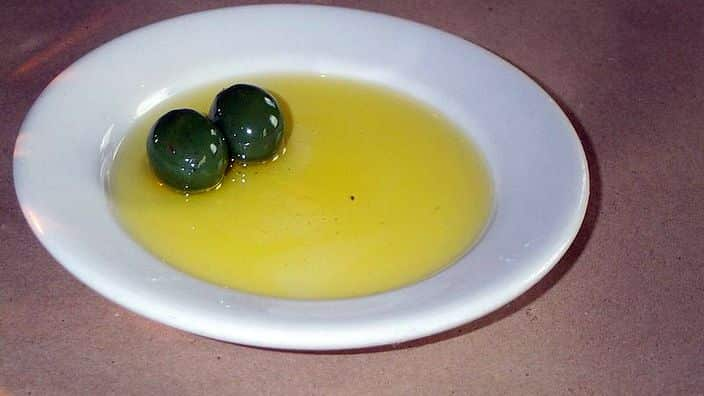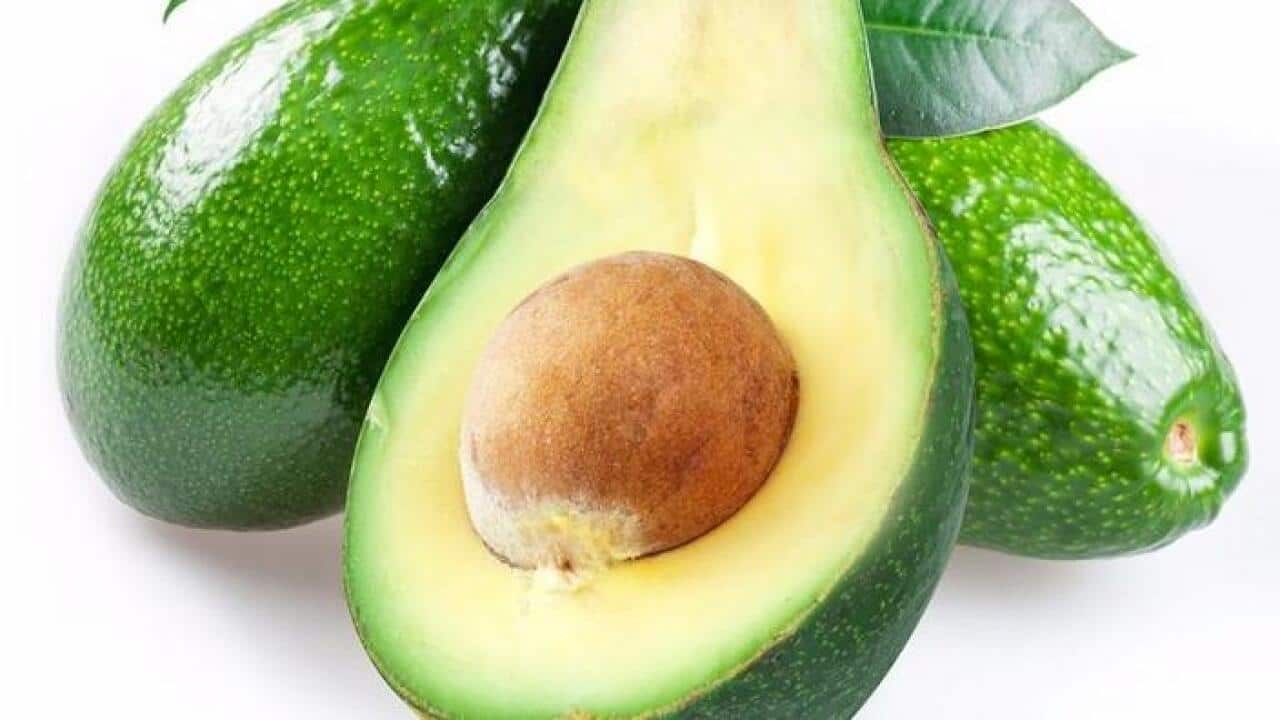Not many foods that we eat are fat-free. Apart from some fruits like banana, berries and mango, leafy vegetables, and very few others, all the rest of the foods have, even if to a minimal, some fatty nutrients.
WHAT ARE FATS?
Fat is one of the three main macronutrients, along with carbohydrates and protein. Fats, also known as triglycerides, are made of three fatty acid chains plus the alcohol glycerol.
The terms “lipid”, ”oil” and "fat" are often confused.
"Lipid" is the general term, though a lipid is not necessarily a triglyceride.
"Oil" normally refers to a lipid with short or unsaturated fatty acid chains in a liquid form at room temperature, while "fat" (in the strict sense) may specifically refer to solid lipids at room temperature.
However "fat", in the broad sense, may be used in food science as a synonym for lipid.
Fats, like other lipids, are generally hydrophobic (insoluble in water) and are soluble in organic solvents.
WHERE CAN WE FIND FATS?
Fats are in almost all types of food. Meats, oils, sauces, fish, nuts, pasta, eggs, bread, legumes, some fruits and dairy are sources of fat we consume every day
However, there is a very important difference between fats. Some are considered essential, while others are considered non-essential. WHICH FATS ARE ESSENTIALS AND WHICH ARE NOT?
WHICH FATS ARE ESSENTIALS AND WHICH ARE NOT?

Source: mensatic-morguefile
Essential fatty acids are the ones that humans can only obtain through the diet because the body does not produce (synthesise) them and they are necessary for a healthy lifestyle.
Only two fatty acids are known to be essential for humans: alpha-linolenic acid (omega-3) and linolenic acid (omega-6).
Omega-3 is found in plant oils, which include walnuts, seeds, sage, seed oil, as well as animal meat and byproducts, such as all fish, fish oils, and eggs from chicken.
Omega-6 can be found in soybean, rapeseed, and sunflower oil.
Non essential fatty acids are not required by the body and may instead cause harm. The body can synthesise them from other nutrients, such as carbohydrates and other unsaturated fatty acids.
Non essential fats are found in animal products including dairy (butter, cream, regular-fat milk and all types of cheese), meat (beef, pork, lamb, processed meats like salami, sausages and the skin on chicken) and lard.
Plant-derived sources including palm oil, margarine and coconut oil.
Non essential fats include saturated fats, commonly found in manufactured and packaged food such as:
- Fatty snacks
- Deep fried take away food
- Cakes
- Biscuits
- Pastries and pies GOOD AND BAD FATS – WHAT’S THE DIFFERENCE?
GOOD AND BAD FATS – WHAT’S THE DIFFERENCE?

Source: eliaszltd
Since the 1950s, we’ve known that consuming food with high levels of saturated fats – such as meat fats, milk fat, butter, lard, coconut oil, palm oil, and palm kernel oil – is more likely to increase the risk of heart disease than consuming unsaturated fatty acids.
This kind of fat can also raise ‘bad’ cholesterol levels (LDL) and reduce levels of the ‘good’ cholesterol, high-density lipoprotein (HDL).
Sources of unsaturated fatty acids include nuts, avocado, corn and soy beans.
Olive oil, peanut oil, canola oil, sunflower oil and corn oil also contain unsaturated fats, but can become saturated if they are processed, due to oxidation when they are refined.
The benefits of having a high percentage of good fats (unsaturated) in your diet include:
- reducing the risk of heart disease and lowering cholesterol levels;
- balancing blood sugar levels;
- transporting essential Vitamins (A, D, E, K);
- improving metabolism speed;
- maintaining body temperature;
- balancing adrenal and sex hormones;
- eliminating constant craving.
DID YOU KNOW..?
When you see a bottle of olive oil in a shop and the label says “cholesterol free”, remember: olive oil is always cholesterol free – they haven’t produced a special one just for you!

Source: stu_spivack-morguefile

Roberto Mattei Source: Courtesy of Roberto Mattei
Before undertaking any diet, it is advisable to consult your GP to find out if the diet is right for you
Share
